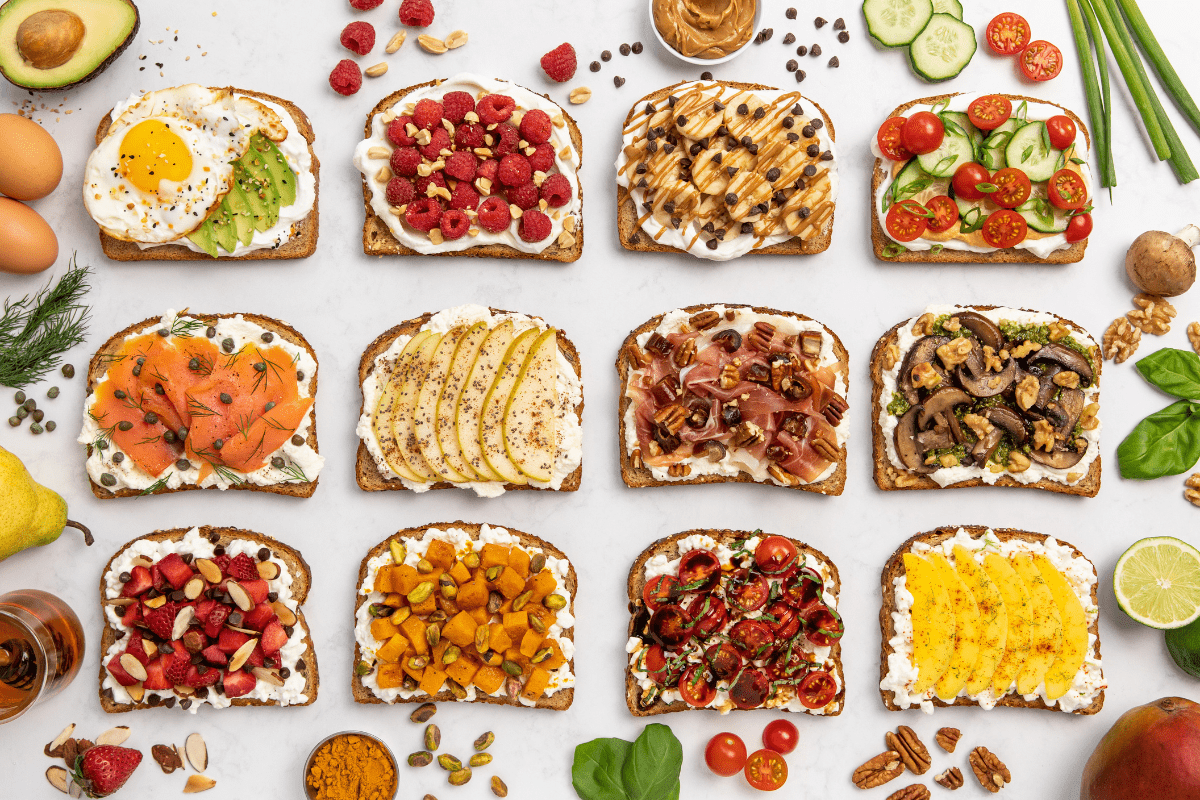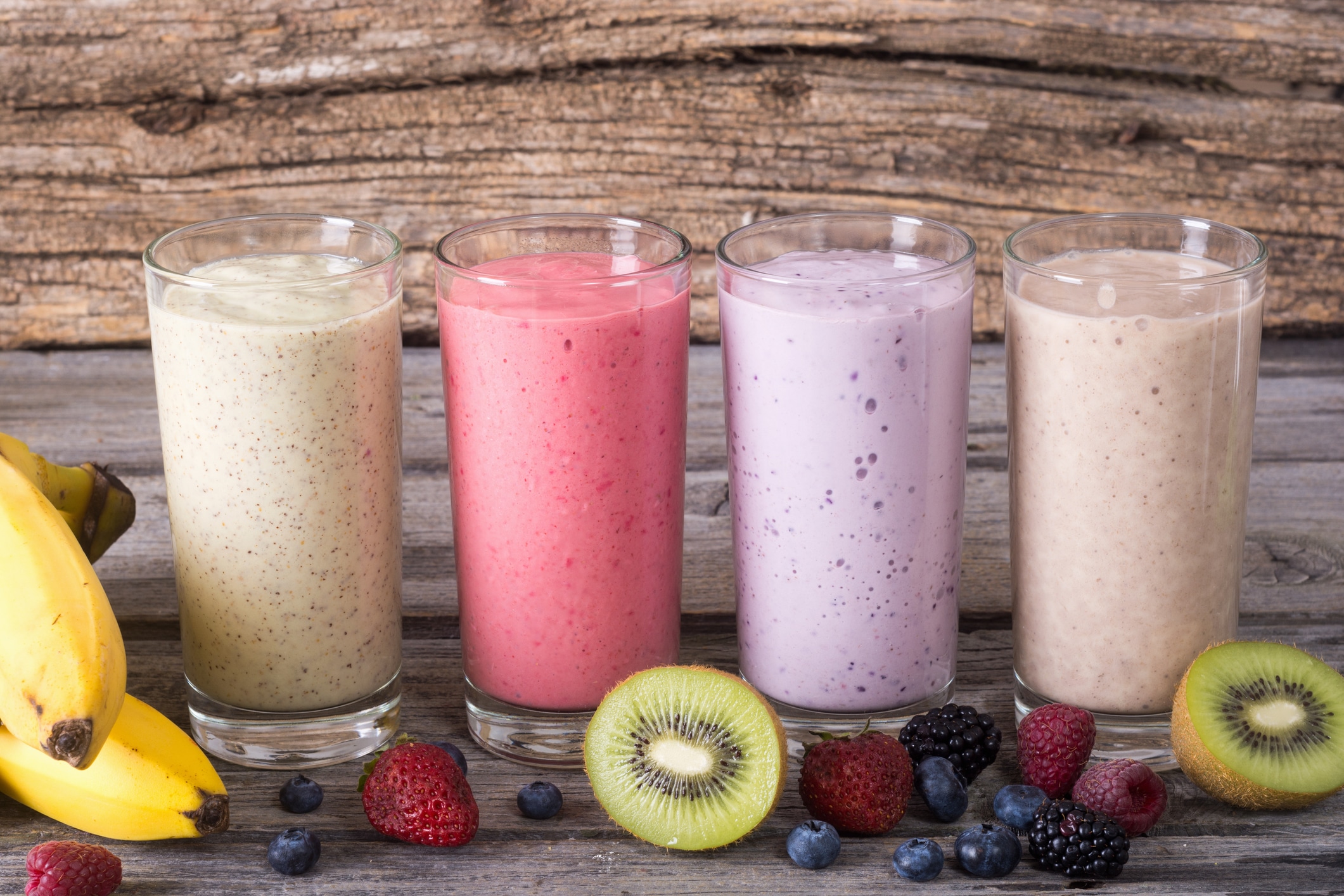Do you ever find yourself confused by all of the contradictory nutrition information that you see and hear? Student athletes get many messages about fueling appropriately for sport from coaches, parents and teammates. While this advice is intended to be helpful, it often overlooks an individual’s unique physical and emotional needs. What if you could become the expert of your body’s nutritional needs? There is a mind-body approach that focuses on just that. It’s called intuitive eating.
What is Intuitive Eating?
Intuitive eating is an approach to caring for yourself by learning to honor your body’s own hunger and fullness cues. It’s comprised of ten principles that work together to promote body awareness. It is not a diet, or a structured sports nutrition plan. Rather, it is a process of honoring your body’s physical and physiological needs by listening and responding to the messages that it sends.
Intuitive eating was created in 1995 by two registered dietitian nutritionists, Elyse Resch and Evelyn Tribole. Since then, over 100 studies have reviewed its effectiveness. Today, it is a weight-inclusive, evidence-based model that has helped many people improve their body awareness and connect to their own unique individual needs. Though studies on intuitive eating have not specifically focused on student athletes, some sport dietitians have used the principles to help athletes feel and perform their best without strict diets or meal plans.
Applying the Principles of Intuitive Eating to Student Athletes
Intuitive eating may not be right for everyone, but it may be right for you. Here’s a look at how student athletes can apply the ten principles of intuitive eating:
Principle #1: Reject the Diet Mentality
An integral first step in intuitive eating is to understand that weight-loss diets do more harm than good. Studies have shown that 95 percent of dieters will regain lost weight within one to five years. Aside from this not being effective, diets can also be damaging mentally, physically and to sports performance. As a student athlete, embracing this principle means that you understand the negative side effects that weight-loss dieting can have on you.
Principle #2: Honor Your Hunger
This sounds like an easy task, but so often diet messaging makes us feel that hunger should be ignored, fought and managed. Hunger is a biologic need, and learning how to honor it allows student athletes to fuel their bodies for all of their endeavors and everyday activities. If weight-loss dieting has been a part of an athlete’s past, honoring hunger may take a lot of work and practice. Additionally, there may be times as a student athlete that you need to eat even when you don’t feel particularly hungry. That may occur when you have back-to-back competitions or practices, where energy stores have been depleted. , The extra food will help to replenish your reserves so that you can recover and be ready for your next session. Some student athlete’s nutritional needs for sport are simply too high to rely on hunger cues alone.
Principle #3: Make Peace with Food
This principle works by giving yourself unconditional permission to eat the foods you enjoy. No foods are off limits. That’s because depriving yourself of your favorite foods can lead to over- consumption or bingeing on those foods. When making peace with food, you realize that all foods can fit into a healthful eating pattern. Student athletes will need to consider training and competition needs to determine when and where these foods fit. For example, you may find that some foods may work better for pre-competition, some foods may work better for recovery and some foods might be more enjoyable on rest days. However, you do not need to eat “perfectly” all the time to perform your best.
Principle #4: Challenge the Food Police
Food police and food rules are everywhere we turn these days. From a well-meaning teammate or family member to something that pops up in your social media feed, it seems like everyone is policing our food choices. This principle works on removing labels like “good” and “bad” from the foods we choose. Challenging the food police means letting go of the food rules that may be getting in the way of you properly fueling your body for sport.
Principle #5: Discover the Satisfaction Factor
Student athletes can be guilty of overlooking the importance of satisfaction and pleasure in the foods they choose. It is important to eat foods that provide enough carbohydrate, protein, fat and micronutrients to help you perform your best, but this should not come at the expense of limiting foods that you truly enjoy. Choosing delicious foods that you prefer to eat and that bring you pleasure goes a long way to help you feel satisfied and content.
Principle #6: Feel Your Fullness
It may seem like an easy concept, but it’s not easy for everyone. Many student athletes struggle to reach a comfortable fullness level, particularly if weight-loss dieting was part of their history. They might fuel up on low calorie or low carbohydrate foods that don’t have staying power so they feel hungry all the time. Or they become so overly hungry that even an adequate amount of food leaves them still feeling starved. It can take practice and experimentation with nutrient-dense foods that naturally promote fullness. Dairy foods can play a key role here, as the combination of carbohydrate, protein and fat in something like Greek yogurt paired with fruit and nuts has an optimal macronutrient composition to stabilize blood sugar and promote satiety. It is also an excellent recovery snack!
Principle #7: Cope with Your Emotions Through Kindness
This principle touches on emotional eating, which is perfectly normal some of the time. Coping with your emotions through kindness is a principle that fosters expanding ways to deal with everyday stress, fatigue, pain and other emotions without solely turning to food for comfort. It is normal to experience these feelings from time to time, so allow yourself to feel it. Ultimately, realizing the source of these emotions and dealing with them head-on is much more fruitful than turning to food for emotional comfort. As student athletes, one of the best ways to set yourself up for success in this area is to keep your body nourished. If you are well fueled and have adequate energy stored up for workouts and competitions, you may be less likely to use food as a coping mechanism.
Principle #8 Respect Your Body
Student athletes, this one is so great for you! Your body is the most advanced, high tech performance machine out there, so make sure to treat it like one. Don’t spend time worrying about looking like anyone else and embrace the unique athlete that you are. Reject diet thinking that you need to change your body in any way to be a better athlete. Show your body respect by nourishing it with food, providing it with rest and appreciating it for the miracle that it is.
Principle #9 Movement–Feel the Difference
As student athletes, some training days will feel effortless and easy while other days will feel extremely challenging. However, this principle focuses on keeping enjoyment and pleasure in the physical activity that you do. Your sport should lift you up, celebrate your athletic talent and give you confidence. Make sure that you are not pushing your body past its limits, and that you are enjoying your training, competitions, and your progress as an athlete.
Principle #10 Honoring Your Health with Gentle Nutrition
This principle is last, but certainly not least. In fact, gentle nutrition is woven throughout all of the previous nine principles. Contrary to some beliefs, intuitive eating does not mean eating whatever you want whenever you want it. All student athletes have nutrition guidelines and targets that need to be considered for health and performance. The difference in a gentle nutrition approach is that food preferences and enjoyment of food is considered equally important to health, and listening to body hunger levels may be more important than a daily calorie suggestion. Nutrition guidelines are important, but an intuitive eating approach will always allow for flexibility and individual preference, over rigid nutrition rules.
There are many approaches to healthfully fueling your body for your sport. Practicing the concepts of intuitive eating will help you tune in to your body’s needs on a daily basis. Diets and meal plans may not be necessary if you are an intuitive eater, but learning how to become one may require some help.
*Please note: If you are interested in trying an intuitive eating approach, it may be best to contact a registered dietitian that specializes in that area. You can find a Certified Intuitive Eating Counselor who specializes in sports nutrition at https://www.intuitiveeating.org/certified-counselors/.





